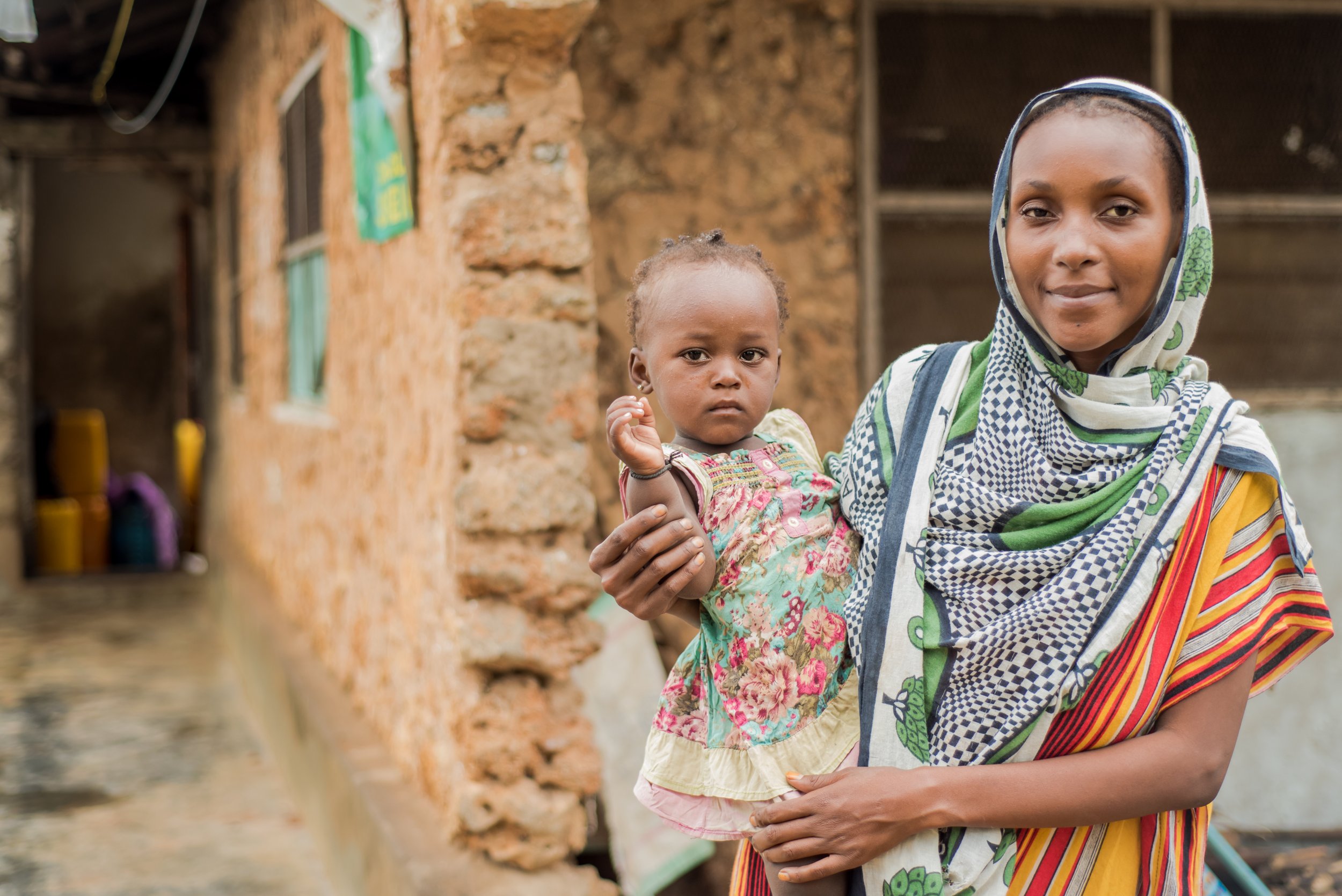
SBCC Strategy to End Violence Against Women and Children in Zanzibar
Client: UNICEF Zanzibar
Pillar: Gender And Social Inclusion
Thematic Areas: Prevention of violence against children & Girls and Women Empowerment
Services Provided: Strategy, Capacity Building
A project in line with governmental priorities
In recent years, the Revolutionary Government of Zanzibar (RGZ) has shown a strong political commitment to the realization of children and women’s rights, acknowledging that protecting children and women is a central development goal necessary to achieve other development outcomes for children and women, their families and Zanzibar as a whole. The government has made eradicating all forms of violence against children and women a national priority through the adoption of the five-year National Plan of Action to End Violence Against Children and Women (NPA-VAWC 2017-2022).
NPA-VAWC OUTCOME 2.1: Norms and values that support non-violent, respectful, nurturing, positive and gender equitable relationships for all women and children are supported and harmful social and cultural norms and practices addressed.
Outcome 2.1 of this plan focuses on addressing harmful social and cultural norms and therefore calls for a Social and Behavioural Change Communication (SBCC) approach.
To support the RGZ, UNICEF partnered with MAGENTA to develop an SBCC strategy. It aimed at reaching specific target audiences with key messages, innovative SBCC approaches, and tailored activities developed through careful analysis and consideration of the Zanzibari context.
The strategy was driven by social and behavioural insights
Sociological:
Fear of social sanction and stigma.
Social and cultural taboos, some of which are rooted in traditions, morals and religion.
Normative and empirical expectations which contribute to the normalization of harmful behaviours.
Gender inequity that perpetuates perceptions of masculinity and femininity, and gender roles accordingly.
Traditional family roles and internal power dynamics in the household fuel abusive behaviours and acceptance.
Socialization begins at a young age and leads to the acquisition of social and cultural expectations that con- tribute to and sustain harmful behaviours.
Limited perceptions of the child: adolescents stops being considered a child, and what this means in terms of her/his rights and needs.
Environmental:
Limited positive representation of women and promotion of gender equality in media and public discourses.
Psychological:
Lack of awareness and knowledge of what constitutes VAWC and the associated harmful impact.
Personal normative beliefs of how men, women and children should behave in society.
Limited trust in positive parenting skills to discipline children.
Lack of support from relatives for reporting, prosecution and social condemnation.
Limited sense of agency for women over their lives and bodies.
An SBCC Strategy by Zanzibari stakeholders, and for Zanzibari stakeholders
This strategy had four stages:
Technical Reference Group Meetings
Two strategy design workshops with stakeholders (Civil society, government representatives, NGOs, frontline workers, religious leaders, international organizations, academia) on capacity building on SBC
Message testing with parents
Validation workshop and teachers in Unguja and with key stakeholders
The SBCC Strategy was designed to be practical to ensure a smooth implementation. It comprised the following elements:
A message bank
Channel selection
Activities menu
5-year implementation plan
Monitoring and evaluation framework
Capacity building plan for implementors
Resource management and coordination plan
The strategy had a multimedia approach:
Media & Edutainment: Soap Opera (TV or Radio Drama), social media campaign, community theatre, radio programme talk show, cartoons/animation with female leading role, an app and resource website for adolescents and caregivers on relevant topics (such as sexual education), influencer engagement and social media groups/forum bots.
Community Engagement: SASA! Process, community engagement toolbox, “husband schools”, positive parenting programme, positive and responsive caregiving Toolbox, social workers house to house visits.
Capacity Building: Technical skills training (positive discipline and classroom management), SBCC training to frontline workers, interpersonal communications training to frontline workers, social media engagement training.
Advocacy: Advocacy efforts towards public officials (policy and budgetary reforms), advocacy efforts towards journalists.
Social Mobilization: Children school club, youth councils and groups, Shehia women and children committees, religious leaders to convey messages around priority behaviours during sermons, CSCI ambassadors network sport events and festivals.

